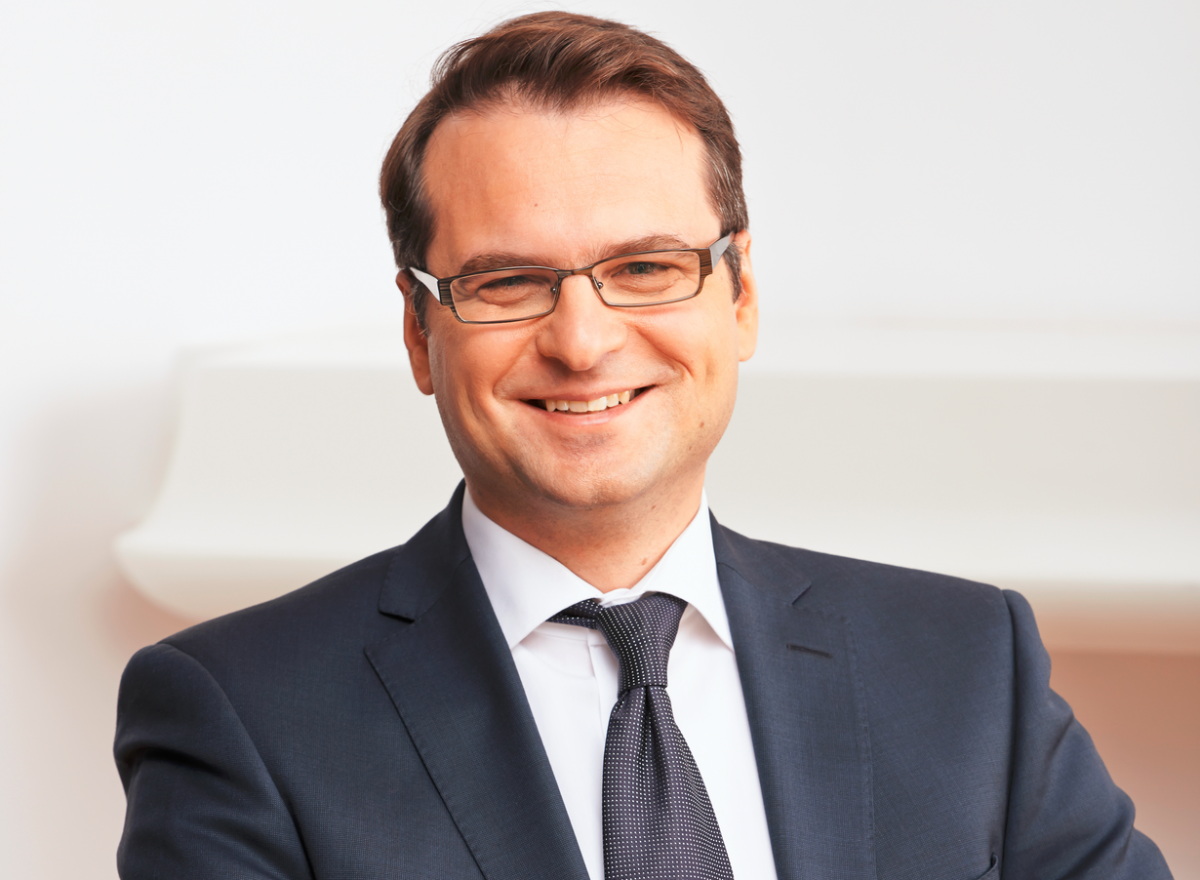New German energy state secretary takes carbon price off table for now
Clean Energy Wire
Germany will not get a price on carbon emissions during the current legislative period, new energy state secretary Andreas Feicht said at the annual new year’s reception of the renewables association BEE. While the current complex system of energy fees, taxes and surcharges is hindering innovations necessary to drive the energy transition forward, the government will not pass any legislation and will only study concepts and proposals, Feicht said to the audible disappointment of the around 1,000 managers from the renewables sector. Energy experts and many politicians consider sweeping changes like the introduction of a carbon price on emissions indispensable to advancing the energy transition, electrifying sectors such as heating and mobility, and improving the country’s lacklustre performance in reducing emissions. But while environment minister Svenja Schulze (SPD) has been pushing for a carbon price, her counterpart in the economy and energy ministry, Peter Altmaier (CDU), has dismissed the initiative, saying it was not in the governing coalition’s agreed agenda for Chancellor Angela Merkel’s fourth term, which officially ends in the second half of 2021. The commission charged with devising an exit to coal-fired power generation also recommended “examining” a general carbon price. State secretary Feicht, a former utilities manager who took over the post on 1 February after it was vacant for over half a year, said the commission’s paper contained many intelligent ideas and the ministry was now assessing carefully how to turn it into a consistent legal framework. Feicht also promised to explain the decisions in consultation with neighbouring countries, as they would be affected through their connections to the European energy market. “We do not want to repeat the mistakes we made with the nuclear exit,” Feicht said in reference to criticism from abroad that Germany had decided to acclereate its phase-out of nuclear power generation in 2011 without consulting its EU partners.


